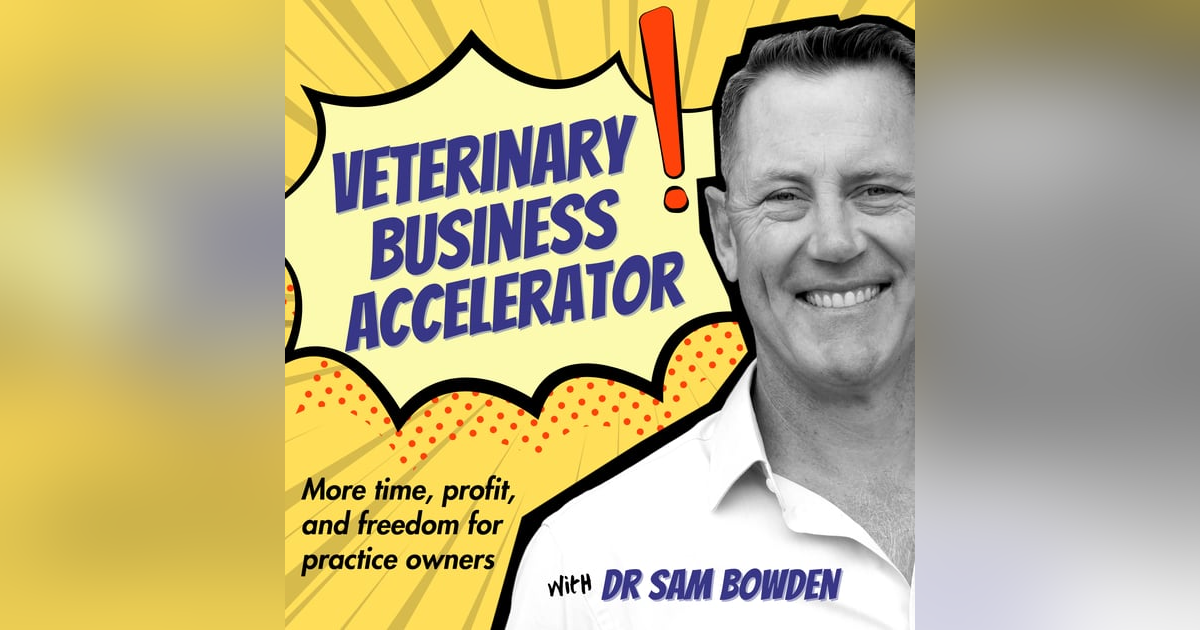Sneak Peek: Our New Podcast for Practice Owners. With Dr Sam Bowden

🎙️ Introducing the Veterinary Business Accelerator, our new podcast for veterinary practice owners who want more than just survival - they want to own the practice they dreamed of when they first decided to start a practice - a place that gives them joy and freedom, and where other vets like to work.
In this brand-new series, vet business coach, author, and former Vet Vault guest Dr. Sam Bowden shares the mindset, strategies, and systems he’s used to help hundreds of practice owners transform their clinics into what he calls “abundant practices” - workplaces that are profitable, sustainable, and deeply rewarding.
In Episode 1: Why Even Start a Vet Practice?, we ask the question: Wouldn’t it be easier to just get a job?
When you’re in the thick of it all, it feels that way, doesn’t it?
Especially when you’re knee-deep in payroll, staff issues, client complaints, and wondering if you’ll ever take a proper holiday again.
In this kickoff episode we start with the question every practice owner should revisit regularly: Why are you in business?
Dr Sam Bowden breaks down why most owners start with good intentions: better medicine, a better team, better money - but end up overworked, underpaid, and out of joy. And why the fix begins with something deceptively simple: clarity on that why.
Sam outlines his framework for what he calls an “abundant practice” - the five pillars that any vet business needs to get right if it’s going to support the life you want. And yes, that includes permission to take a holiday.
What You’ll Learn:
- The real reasons vets start practices (hint: it’s not just the money)
- Why good intentions often lead to overwhelm
- The 5 pillars of Sam’s Abundant Practice Model: time, team, clients, finances, fulfillment
- How a low financial drive hurts the profession—and your personal life
- Common mindset traps (and how to replace guilt with growth)
- The power of shifting from “either/or” to “yes/and” thinking
- Why clarity is the foundation for fun, freedom, and financial success
If this episode was made just for you, and you’d like to hear more, you can find our other episodes here.






